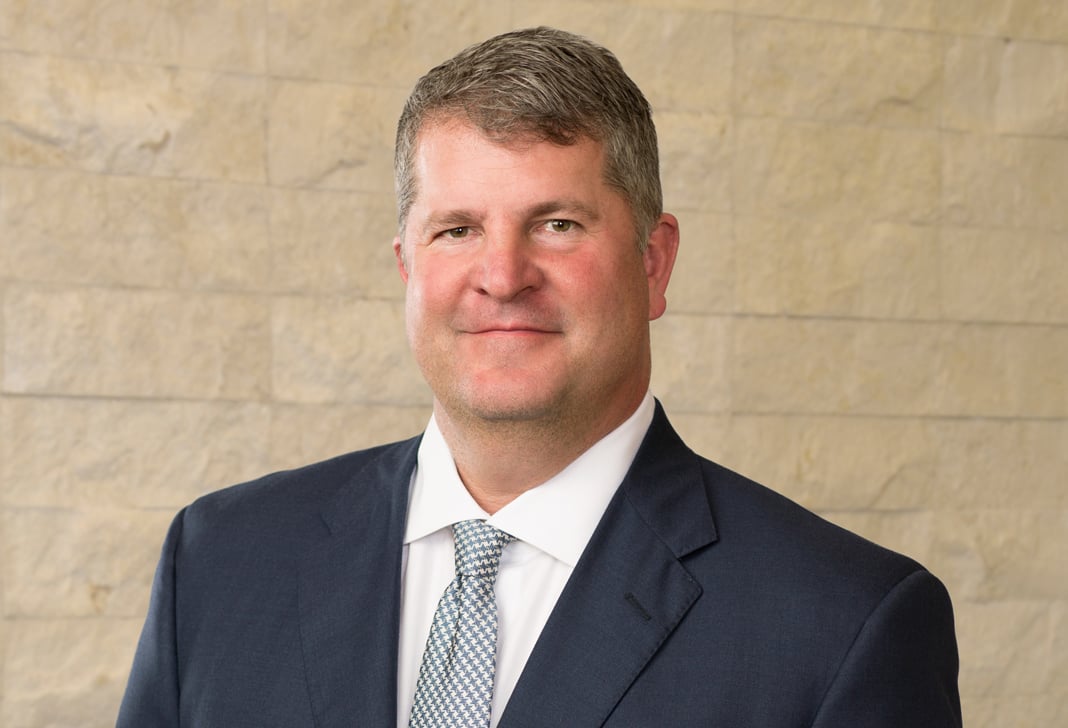
Bet on It: Supreme Court Clears Path for States to Legalize Sports Gambling
Since 1992, the Professional and Amateur Sports Protection Act ("PASPA"), 28 U.S.C. § 3702, has, among other things, made it unlawful for U.S. states (with the exception of Nevada and three other "grandfathered" states) to "sponsor, operate, advertise, promote, license, or authorize" betting on sporting events. On May 14, 2018, the U.S. Supreme Court held this provision unconstitutional and invalidated the entire PASPA.
The case, Murphy v. NCAA, 594 U.S. ____ (2018), involved a New Jersey law that authorized sports gambling at casinos and horseracing tracks by repealing or narrowing prior sports gambling prohibitions. The National Collegiate Athletic Association ("NCAA") and major professional sports leagues sued to enjoin the law on the ground that it violated PASPA. They prevailed in the district court and the Third Circuit, both of which held that PASPA was constitutional.
The Supreme Court, however, ruled that the PASPA provision quoted above violated the U.S. Constitution's anticommandeering doctrine, which prohibits Congress from giving direct orders to a state. This principle, the Court held, not only prohibits Congress from requiring a state legislature to enact specific laws but also bars Congress from requiring a state legislature to retain its existing laws.
Concluding that Congress would not have enacted the rest of PASPA without this limitation on state law-making, the Supreme Court struck down the remainder of PASPA as well. This included a provision that prohibited any private person from sponsoring, operating, advertising, or promoting a gambling scheme "pursuant to" state law. This portion of the Court's decision, however, drew dissents from three Justices.
The final paragraph of the Court's opinion notes that Congress "can regulate sports gambling directly," but unless and until it does so, "each state is free to act on its own." While Murphy has been winding its way through the court system, more than a dozen states have introduced or passed legislation authorizing some form of sports gambling. How Congress will respond is unknown, but on the same day Murphy was decided, Senator Orrin Hatch of Utah announced that he will promptly introduce new federal legislation addressing sports gambling, and the National Football League declared that it will "call on Congress again, this time to enact a core regulatory framework for legalized sports betting."


